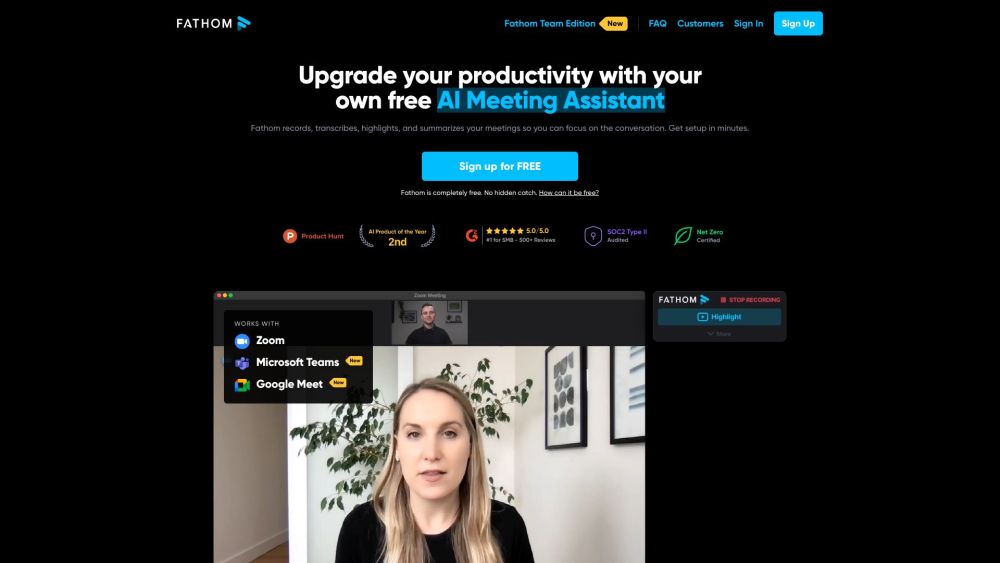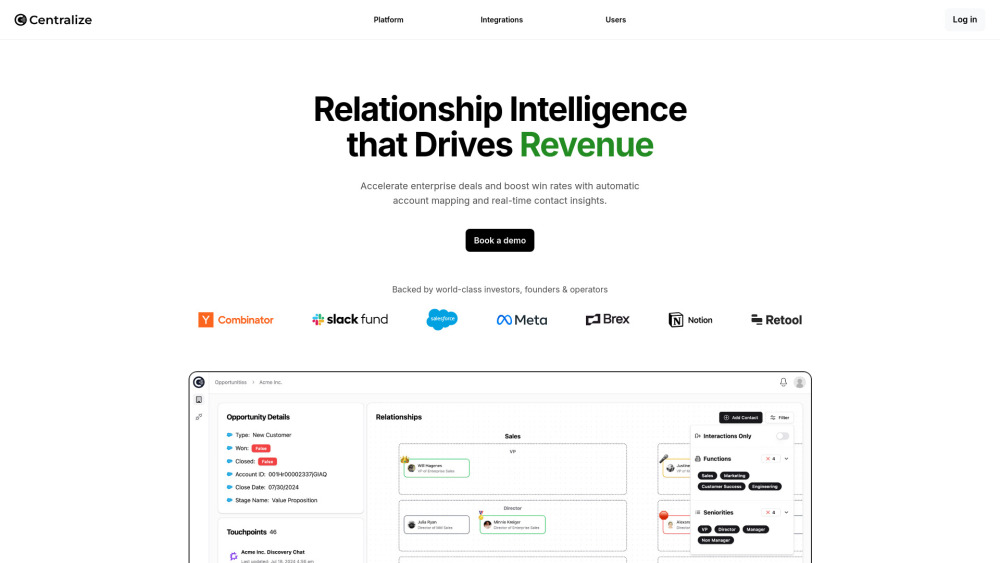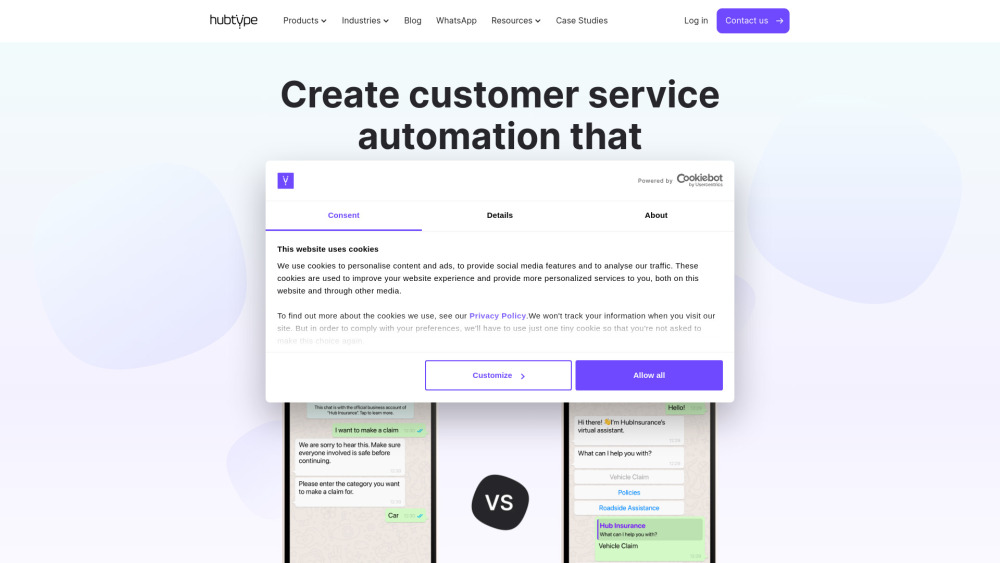On May 27, Robert Thomson, CEO of News Corporation, highlighted the "potentially fatal threat" that artificial intelligence (AI) poses to journalism during his address at the International News Media Association's World Congress in New York. His remarks illuminate concerns that AI may undermine knowledge-based industries by appropriating proprietary content and diverting advertising revenue from certain publications.
Thomson emphasized that AI poses a direct threat to intellectual property rights in journalism. He explained, "Our content is being collected and scraped to train AI engines, which may produce 'super snippets' that encapsulate the essence of editorial work without directing readers to news websites." This trend jeopardizes the industry’s future by minimizing the audience for original journalism.
He also discussed the financial pressures facing news organizations, urging them to "optimize operations" amid an uncertain economic climate. Thomson criticized the Global Disinformation Index (GDI) for its role in discouraging advertisers from supporting publishers labeled as spreading "false information." He condemned GDI’s actions, stating, "These arrogant, boastful amateurs have inappropriately influenced advertising spending."
Major news outlets like the Associated Press, Bloomberg, The New York Times, BBC, and Thomson Reuters are beginning to integrate AI into their operations. Nonetheless, Thomson warned that AI-generated content lacks "Emotional Intelligence" (EI), the human touch that elevates journalism. "Without EI, AI produces hollow content. Emotional intelligence should be our comparative advantage in the editing process," he stated.
Financial Times Editor Roula Khalaf also addressed the coexistence of AI with journalism, praising its potential to enhance productivity. However, she raised concerns about the accuracy of AI-generated content, describing AI as a predictive tool that can sometimes fabricate information. "Every new technology that opens exciting avenues must be explored responsibly," she noted, highlighting the importance of vigilance against risks of misinformation as AI continues to evolve.
The threat of AI has garnered attention from multiple figures in the tech world. Tesla CEO Elon Musk suggested that while the risk of AI leading to humanity's demise is low, it cannot be dismissed entirely. Musk and numerous experts signed a public letter advocating for a six-month pause on advanced AI models. Geoffrey Hinton, a key figure in AI development, has warned that the existential risk posed by AI might be more pressing than climate change, leading to his resignation from Google to raise awareness. Similarly, Sam Altman, CEO of OpenAI, acknowledged at a congressional hearing that AI could cause significant harm and called for an international regulatory body for oversight.




